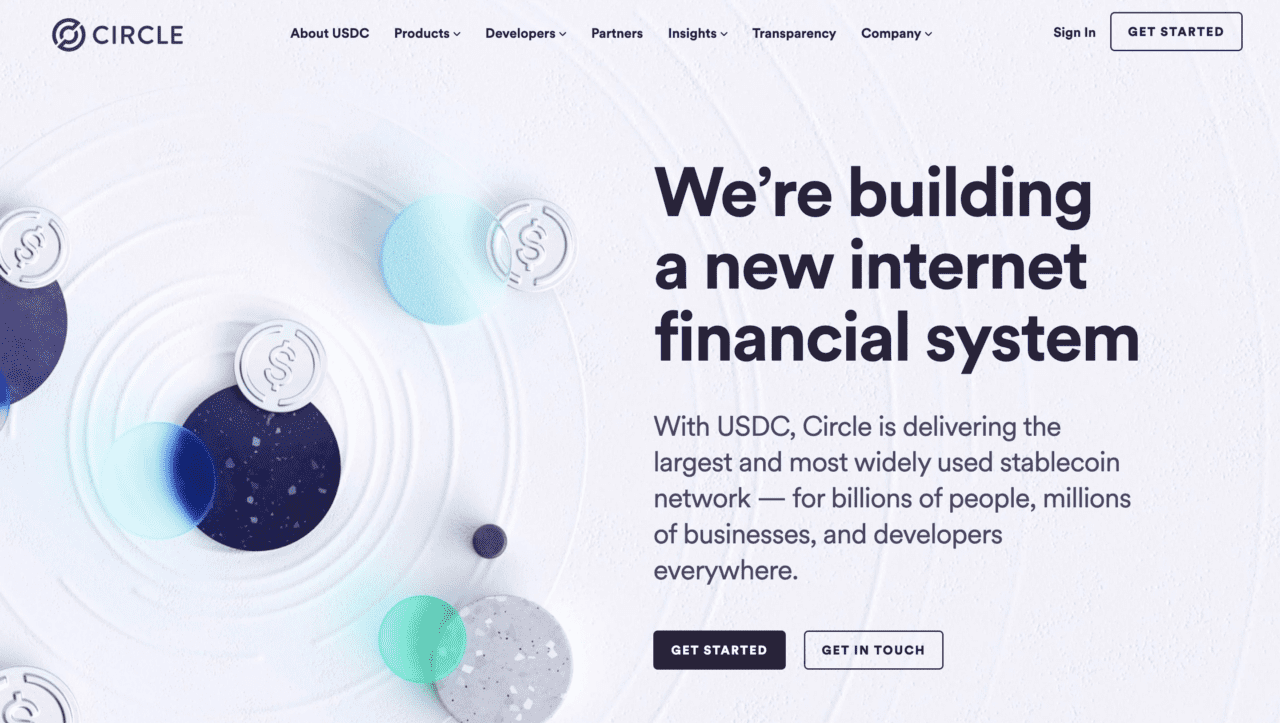
With apologies to Dr. Dre … the spot Bitcoin ETFs are here and everybody’s celebratin’!
This week on Tales from the Crypto we’re taking a look at the launch and reception of the long-awaited spot bitcoin ETFs. We’ll also learn a little more about stablecoin issuer Circle’s IPO plans, and the latest – and maybe last – from JPM Morgan Chase CEO and perennial crypto critic Jamie Dimon on what he hates – and likes – about crypto.
Spot Bitcoin ETFs Have Arrived!
Last week, the U.S. Securities and Exchange Commission approved eleven, count ’em eleven, spot bitcoin exchange-traded funds (ETFs). Digital asset manager CoinShares reported new inflows of more than $870 million into the new ETFs in the first three days. According to investment research firm CFRA, investors traded $4.6 billion worth of shares in these new funds on the first day.
While bitcoin ETFs have existed before 2024, the current spot bitcoin ETF fixes at least one major problem of the earlier bitcoin ETFs. In the past, bitcoin ETFs tracked bitcoin prices by holding bitcoin derivative products. Managers of these funds bought and sold bitcoin futures in order to try and copy the asset’s changes in value. This inefficient process often meant that earlier bitcoin ETFs did not always accurately reflect the actual changes in digital asset’s price.
By contrast, the current incarnation of bitcoin ETFs actually own bitcoin. This means that the newer funds are likely provide a truer exposure to the cryptocurrency.
The new bitcoin ETFs and their ticker symbols are below. Expense ratios for these funds range broadly from a low of 0.20% for the Bitwise Bitcoin ETF to a high of 1.5% for the Grayscale Bitcoin Trust. Compare these to expense ratios for other popular ETFs such as the SPDR S&P 500 ETF Trust or SPY, which has a fee of 0.09%, and the Invesco QQQ ETF, which has an expense ratio of 0.20%.
- Bitwise Bitcoin ETF (BITB)
- ARK 21Shares Bitcoin ETF (ARKB)
- Fidelity Wise Origin Bitcoin Fund (FBTC)
- BlackRock iShares Bitcoin Trust (IBIT)
- Valkyrie Bitcoin Fund (BRRR)
- Vaneck Bitcoin Trust (HODL)
- Franklin Bitcoin ETF (EZBC)
- WisdomTree Bitcoin Fund (BTCW)
- Invesco Galaxy Bitcoin ETF (BTCO)
- Hasdex Bitcoin ETF (DEFI)
- Grayscale Bitcoin Trust (GBTC)
The statement announcing the SEC’s approval of the spot bitcoin ETF (the SEC uses the term “exchange-traded product” – ETP) more than reflects the agency’s ambivalence toward the new offering. “I have often said that the Commission acts within the law and how the courts interpret the law,” SEC chair Gary Gensler writes early on in a statement that details the agency’s efforts to regulate digital assets. His overall message – with its bitcoin-only caveats and his reminder that the current filings are “similar to those we have disapproved in the past”? “The Court of Appeals made us do it.”
The statement actually concludes with a quip about how bitcoin ETFs compare unfavorably, in Chair Gensler’s opinion, with metals ETFs. After asserting that “we’re merit neutral,” Gensler observes dryly: “Bitcoin is primarily a speculative, volatile asset that’s also used for illicit activity including ransomware, money laundering, sanction evasion, and terrorist financing.”
You almost can hear the sound of the dinner plate crashing against the table as the aggrieved server finally delivers your meal and sulks away, muttering under their breath.
Circling the IPO Wagons
The arrival of the new bitcoin ETFs is not the only big news in crypto this month. Circle Internet Financial, the issuer of the USDC stablecoin known colloquially as Circle, has filed a draft registration statement for a proposed initial public offering with the U.S. Securities and Exchange Commission.
Neither the number of shares to be offered nor the price range for the proposed offering were noted.

This week’s announcement represents Circle’s second bite at the “going public” apple. The company had planned to go public via a special purpose acquisition company (SPAC) transaction in 2021. That deal would have given the company a valuation of about $9 billion. Unfortunately, the transaction did not take place. Circle CEO Jeremy Allaire said that the company simply failed to meet the SEC’s requirements in a timely fashion.
“We are disappointed the proposed transaction timed out,” Allaire said when the deal fell through. “However, becoming a public company remains part of Circle’s core strategy to enhance trust and transparency, which has never been more important.”
Founded in 2013, Circle is the principal operator of the U.S. stablecoin USDC. The company is licensed as a Money Transmitter by the New York State Department of Financial Institutions. USDC offers instant settlement compared to legacy payments, near-zero costs, open and global access, as well as ready availability on popular exchanges and protocols, and broad and growing use in the developer community. Circle also offers products such as programmable wallets and its smart contract platform, currently in beta.
Hula Hoops, Pet Rocks, and Bitcoin?
You have to wonder if all this good news for bitcoin is getting under the skin of the digital asset’s biggest bête noire, JPMorgan Chase CEO Jamie Dimon.
Dimon was recently interviewed on CNBC when he announced that this would be the last time he would publicly offer an opinion on bitcoin. That said, Dimon left us with plenty of anti-crypto quips to keep us company for some time to come.
Crypto use cases? “AML, fraud, sex trafficking and tax avoidance,” Dimon suggested. At the same time, he said, cryptocurrency is a “pet rock” that “does nothing.” Dimon is indifferent to what others such as Fidelity and Blackrock that have shown interest in bitcoin ETFs, saying that “I don’t want to tell you what to do. My personal advice is don’t get involved.”
Then again, there are some caveats to Dimon’s disinterest in cryptocurrencies. For one, Dimon does say that there are potentially interesting innovations with regard to non-bitcoin crypto, particularly the tokenization of real-world assets. Second, while Dimon himself may not be a fan of crypto, his firm is apparently playing a significant role in BlackRock’s iShares Bitcoin ETF (IBIT) as an authorized participant.